News
May 19 2025
ECC Language & Literacy Learning
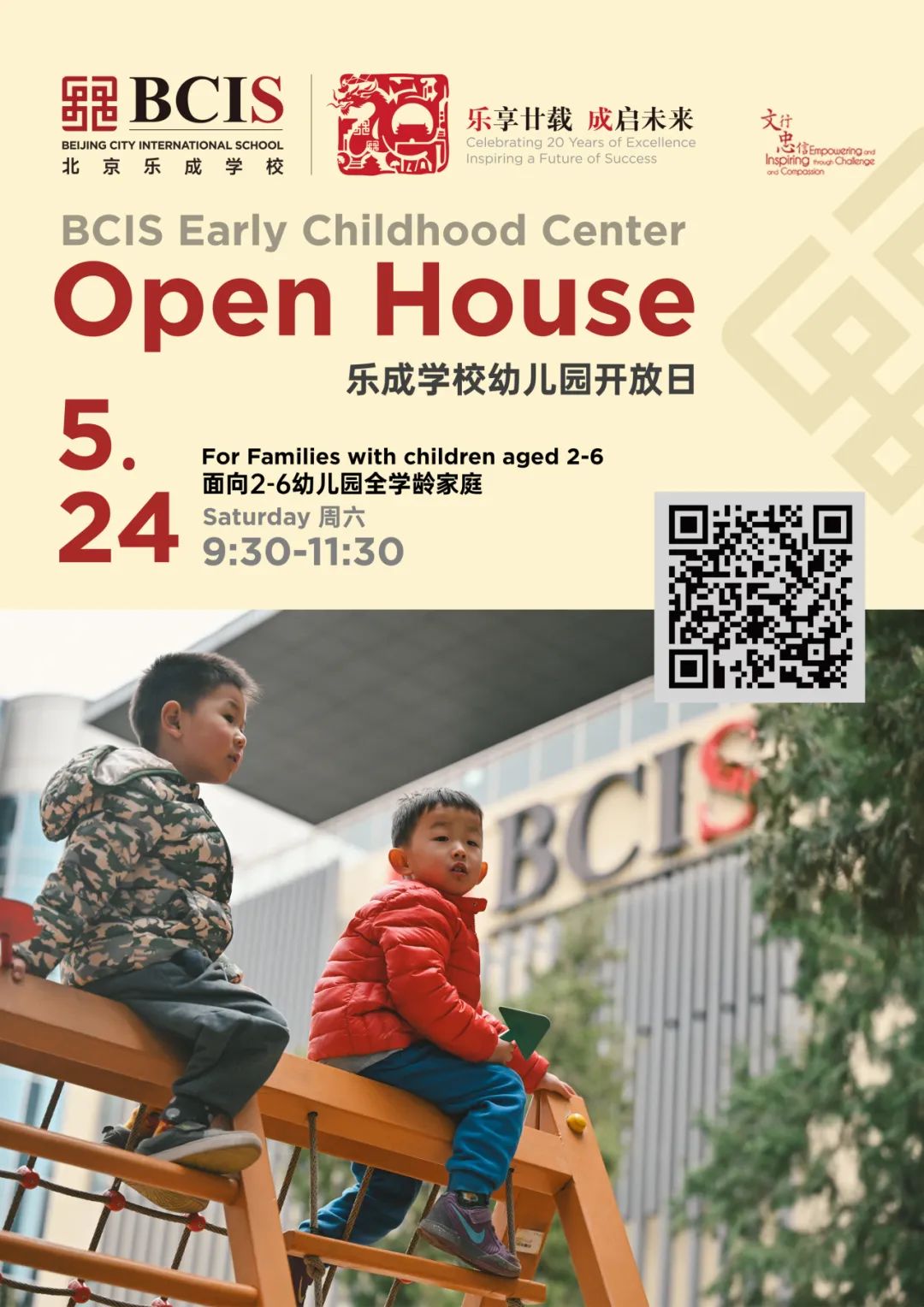
Since opening in 2014, the BCIS Early Childhood Center (ECC) has been deeply rooted in the heart of Beijing, proudly aligned with the values and educational philosophy of the main campus of Beijing City International School. As a professional, international, and forward-thinking kindergarten, ECC is home to a dedicated team of educators who are at the forefront of early childhood education. Together, we strive to create a nurturing, inspiring, and globally minded environment where every child can thrive.
We believe that every child deserves a childhood that is respected, empowered, and full of wonder and discovery. For many families, this journey begins with their first educational choice. That’s why we place great value on the partnership between home and school—a hallmark of the ECC experience and a cornerstone of our educational approach.
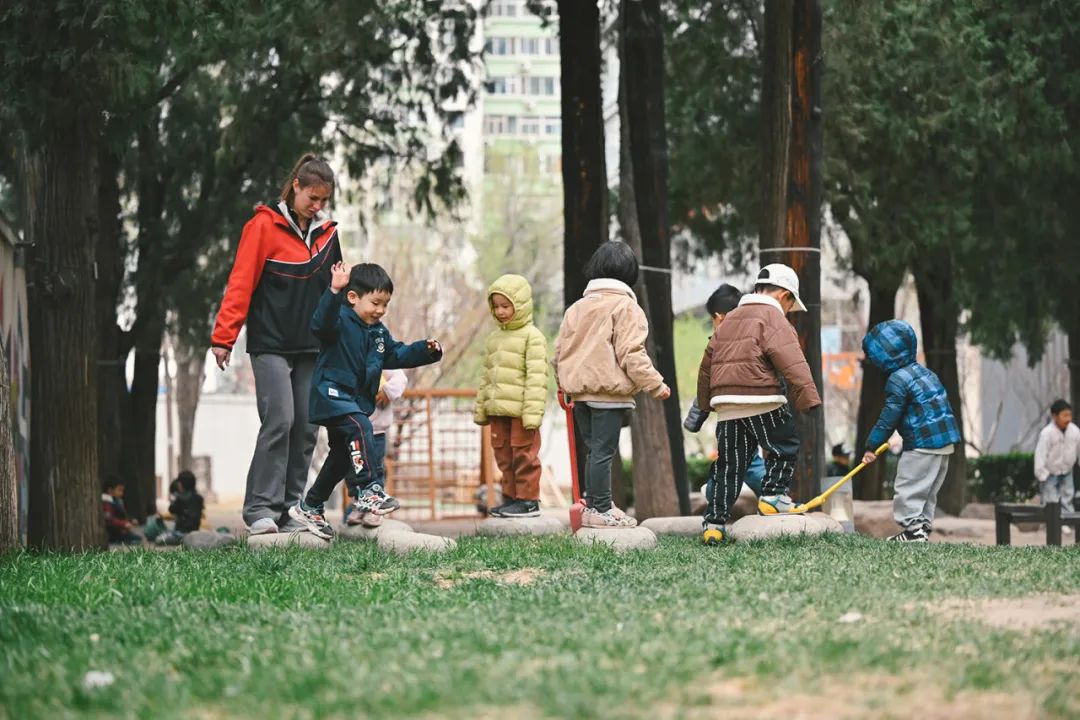
In response to the growing interest in early childhood education—and to share our thinking around curriculum design, teaching practice, and child development—we are proud to introduce Kindergarten Corner: An Educator’s Column series. Through this platform, we aim to offer insights and stories from the front lines of education, supporting families as they embark on the early learning journey and helping make each step forward one of confidence and clarity.
Originally from Australia, Jackie has almost 30 years of experience in education. During her storied career, Jackie has worked as a teacher, a curriculum consultant in early childhood education and early literacy, a deputy principal, and principal in Australia and abroad. She has spent a good deal of time in China, serving as a principal in international schools. The vast and diverse experience Jackie brings to our ECC will help us continue to grow and serve as a model of excellent early childhood education.
Language and Literacy learning in our early years program is a priority. Our children learn and inquire into language in authentic ways that make sense to each child, so they are able to use language in many different settings beyond school.
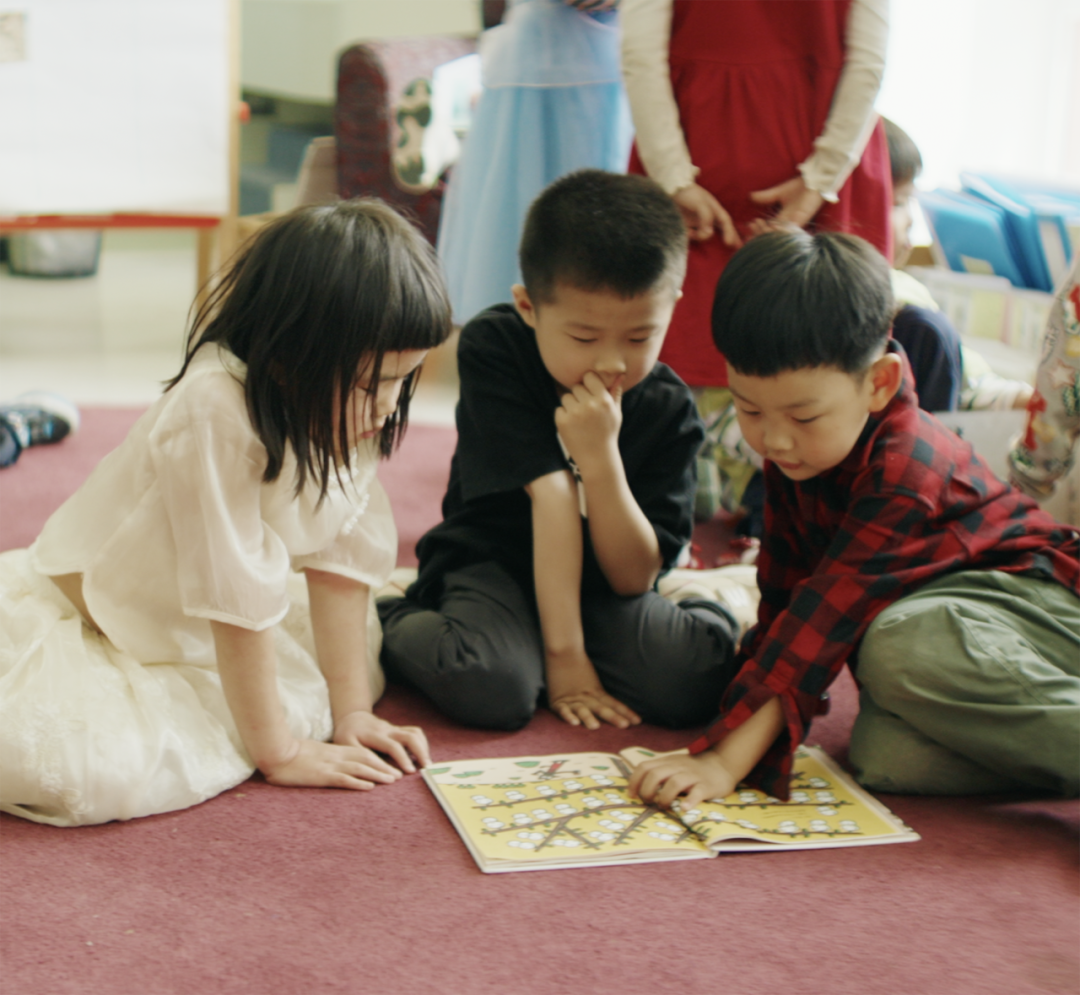
The Early Childhood Center is staffed to encourage Chinese and English
language development. Every child has access to a Chinese Teacher. The
Chinese Teacher facilitates children’s Chinese language learning. They
also have another role—the key difference in how our Early Childhood
Center teaches language—the Chinese teachers use Chinese as a bridge
into English. We understand for most children, English will be their
additional language, different to their home language. We also
understand families desire for children to be bilingual and proud of
their Chinese heritage, something which our Chinese teachers intimately
understand. Our Chinese teachers show our children how to be global
citizens and how to navigate, translate and learn not just language, but
also culture.
Our teachers work in partnership with our foreign teachers to teach language, having time to plan together with our Curriculum Coordinator each week. Discussions at the ECC regularly center around language learning. Often the teachers will discuss their thoughts about what they see from the children’s language and literacy learning. They will use this to suggest different pathways the children might inquire into. Teachers work together to develop language and literacy inquiries, ensuring children remain curious about language and how it works in spoken and written form.
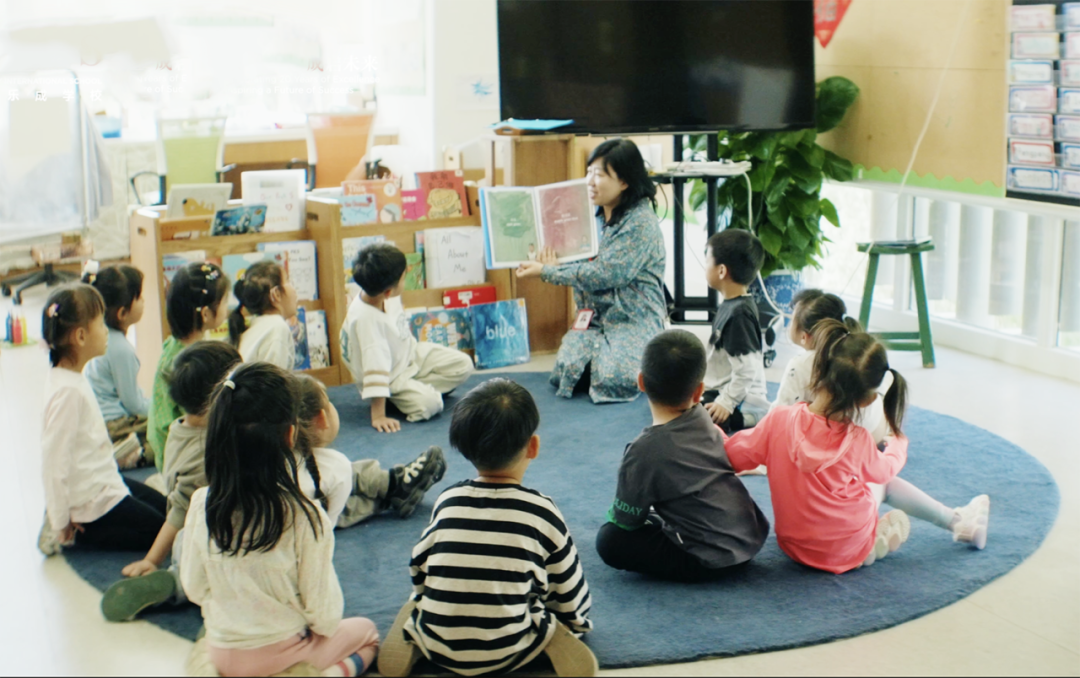
How this looks varies, of course. One class recently were interested in how they could make their writing more interesting. The teachers decided that inquiring into describing words or adjectives might be a possibility. Our Curriculum Coordinator discussed with teachers that the children may not be familiar with the concepts of adjectives in Chinese, so we need to research that first. So, the teachers worked with the children to test this theory and began to select books that had many adjectives in Chinese to use with the children. As our children know how to “read like writers”, the children quickly discovered that the adjectives made the text more interesting. They went on a quest to finding adjectives to describe lots of things—the moon, bubbles, animals… The teachers were building the children’s knowledge of language and how it works in Chinese, knowing that if the children understood this well, that learning and using this concept in English would be easier.
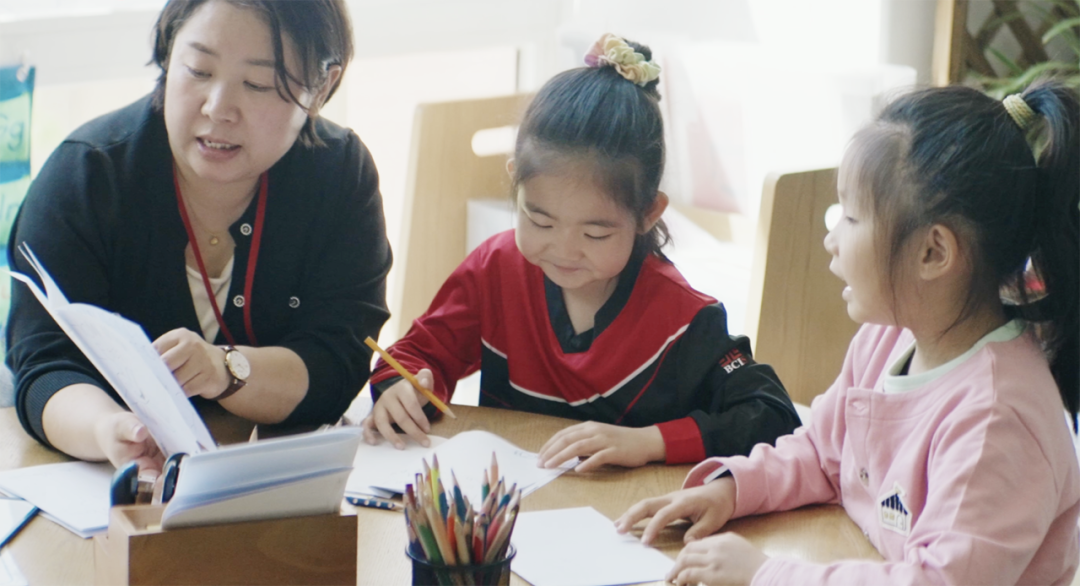
When the teachers did introduce the concept in English, it was easy for the children to understand. Children not only quickly identified adjectives in English, they also were able to translate words from Chinese to English. We understand that children go through a process of code-switching or translating the words in their heads. Our Chinese staff intentionally show children how to do this by verbalizing their thinking processes.
For example, the Chinese teachers might say to children: “I wonder how to best translate this word in Chinese or English. It might have several possibilities.” The children and teachers will discuss this together, gaining input from all teachers about what is the best fit word, words, phrases. Teachers use language like, “I think in this context, this translation, word, phrase is better,” and will explain to the children why. For example, when the children directly translated a certain phrase as “no regular bubble”, the teachers explained how this was correct in terms of direct translation, however in English, a stronger translation would be “irregular bubble”. This is deep learning BCIS ECC children are exposed to regularly in an authentic way.
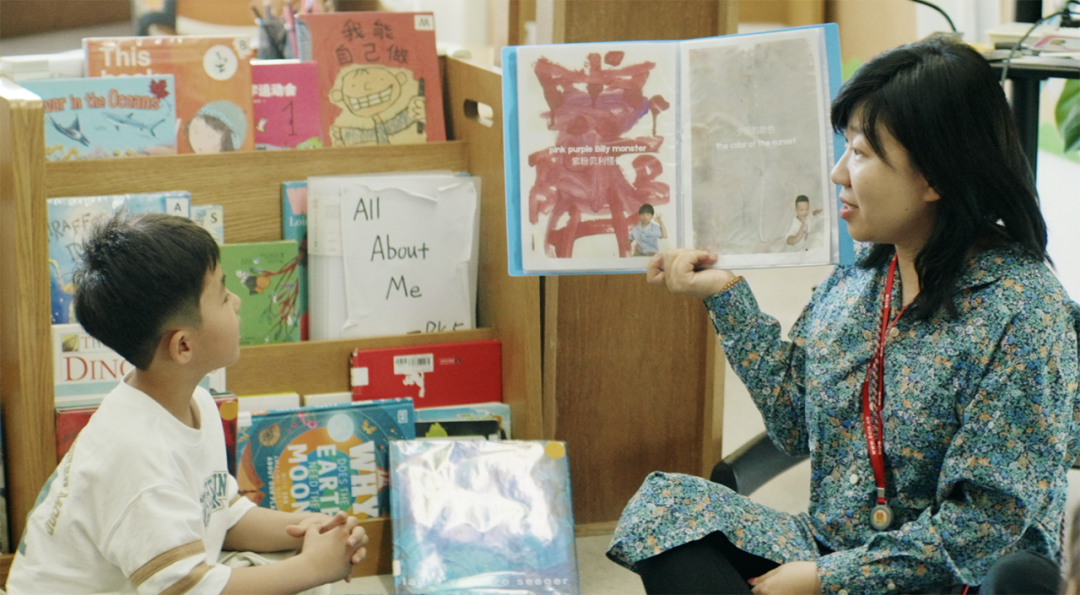
This sees children quickly not only develop words in English, but also understand how the rules of the languages and different; and what to do when translating.
Similarly, children in our Toddler and Nursery programs, sing the same song or read the same book in English and Chinese; and use story tables. Story tables enable children to tell a familiar book in Chinese, and then, with assistance, begin to retell the story in English. It is a natural way for children to develop both languages.
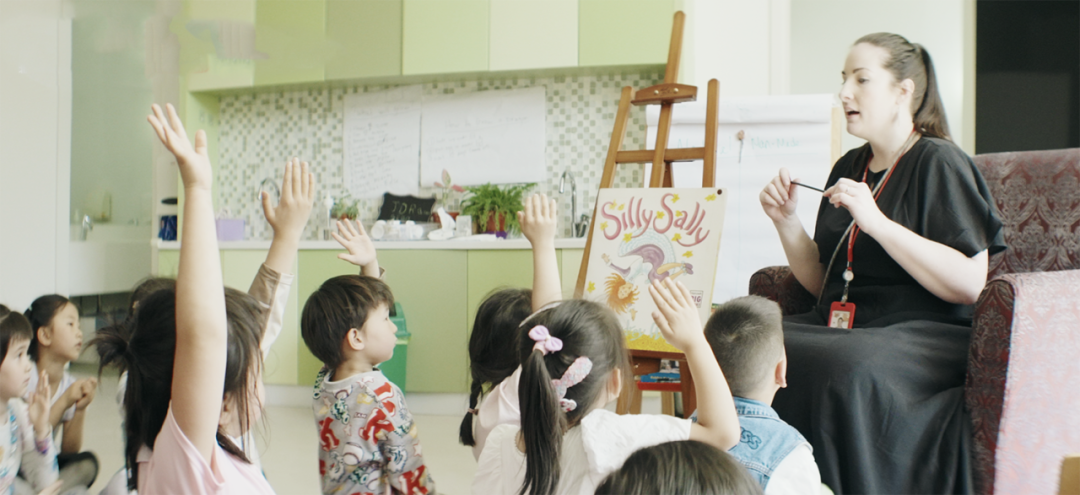
Our children go to Elementary School as competent Chinese and English learners, who are able to navigate and use both languages, doing this without pressure or stress. Our children love language; they love language problem solving; and they deeply understand the rules of Chinese and English, how they differ. Our children are empowered in how they use language as a result.
This learning is rich. This learning sticks. This is lifelong learning. These are skills children will use for life and will not leave them. Language learning in the Early Childhood Center is playful; it is grounded in inquiry; it is rigorous. Chinese and English language learning is important to us.

